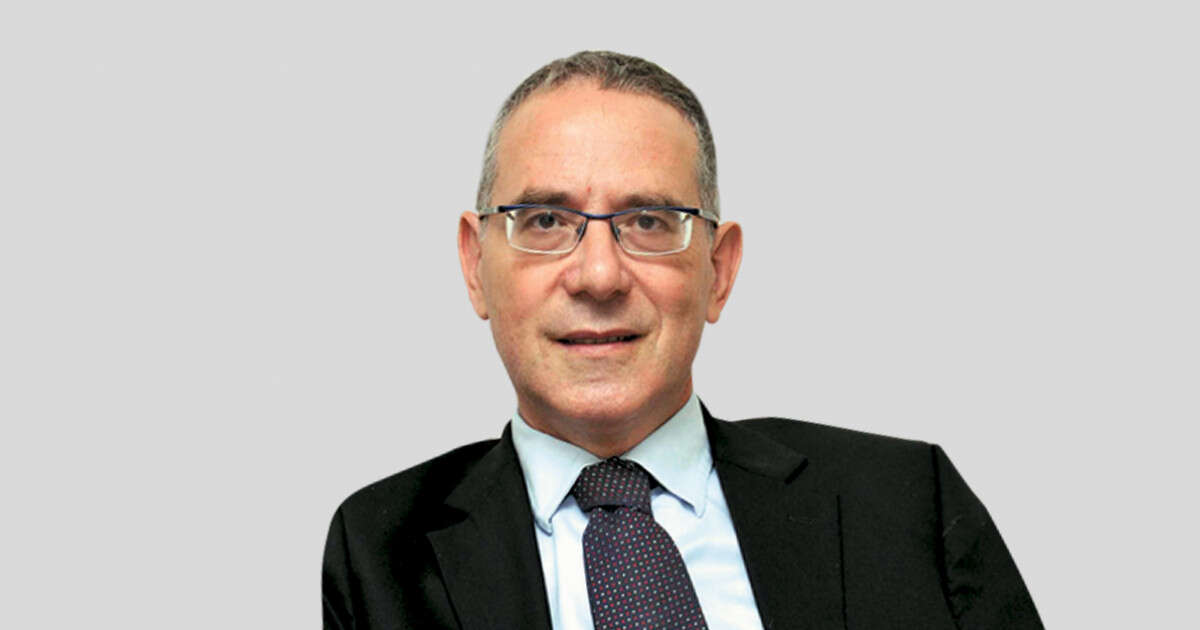Compared to Iran and Turkey, where the number of corona virus deaths is estimated at thousands, and the number of patients has already reached about 100,000, most Arab countries have negligible numbers in relation to population size, and the pandemic spread is suspiciously low. Satan as you know is in the details - or in their absence. It turns out that in the Arab world there are those who want to see surplus knowledge as an expression of weakness, while in the absence of accurate data, it is precisely a source of strength and power. After all, in no advanced health care, the number of tests is limited, no patients are discovered and no deaths can be linked to the disease.
At the same time, it should be remembered that, like other third world countries, Arab countries are characterized by a young population, due to high natural reproduction rates and low life expectancy. For example, in Israel the proportion of the older population over the age of 60 is about 16 percent, while in Italy it is close to 30 percent. In contrast, in Jordan, Syria or Iraq, this rate is less than five percent, while most of the population is under 30.
But it is too early to rejoice in the poor. Monitoring the spread of the disease around the world indicates that, even if late, the virus will reach the Arab world. More significant is the fact that the corona challenge lies not only in coping with health, but also and especially in dealing with the economic and social and political implications of the corona crisis, and these are bound to hit the poorest and most deprived areas of the world, where there is no advanced economic infrastructure and the quickest and most skilled manpower to reach.
The credibility problem of corona propagation data in the Arab world lies not only in the absence of an advanced health care system, but also in efforts by some Arab regimes to prevent the spread of disease information, with the fear that truthful data may provoke widespread public criticism against them and undermine their stability.
However, the world has long since become one global village, which means not only the global spread of the virus, but also the dissemination of information and data without the regime having the ability to control or block it, as the case of China and of course the Iranian case teach. And so, the truth that the Arab regimes are trying to hide reveals social network surfers, who are the beating heartbeat of the Arab world as it really is.
In response, the criticism of the authorities' disapproval and the backwardness of the health care system is rising, and a lack of confidence in the official data published by the authorities and reports of their activities prevent the spread of the epidemic.
No wonder that in the Arab world and beyond, there are those who are predicting, based on the burgeoning discourse on social networks, that at the end of the epidemic, when the economic consequences of the crisis begin to emerge, a renewed Arab spring may break out, no less turbulent than its predecessor. A new wave of protest will be directed against the Arab regimes due to the inconvenience they face in the problems of the common citizen. Thus in the Arab world, Iran has been criticized against the regime trying to hide the real information about the plague's damage, and even in Turkey, where Erdogan has been accused of smuggling the virus.
No wonder there are Arab regimes who would rather have their subjects continue to shut themselves up at home, and not take to the streets to protest and protest.
For more views by Eyal Zisser
